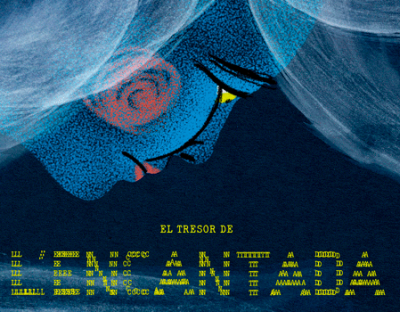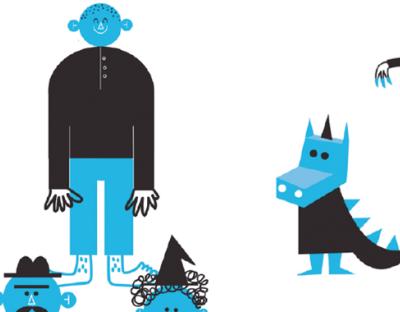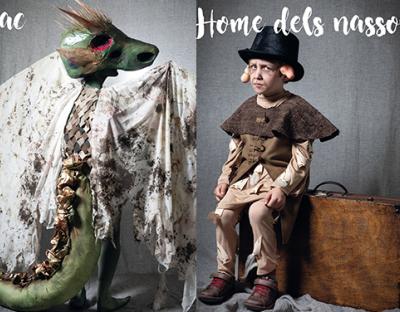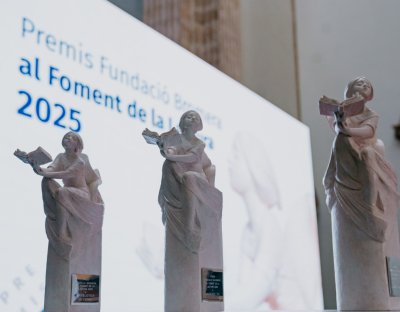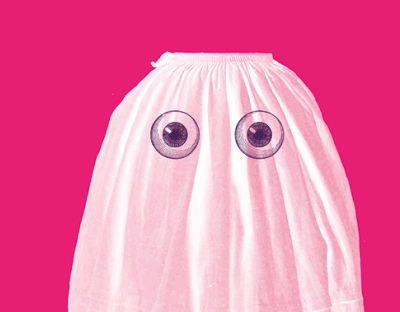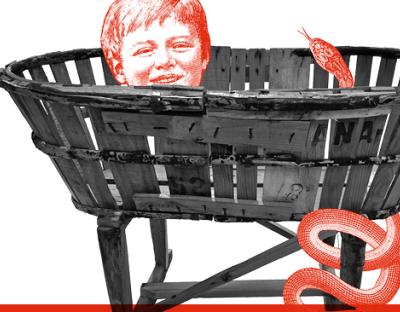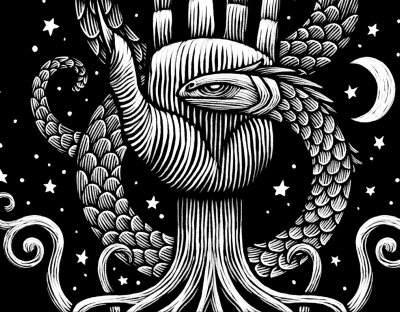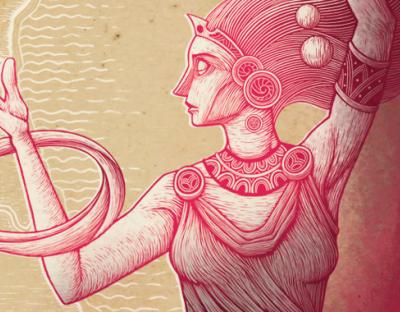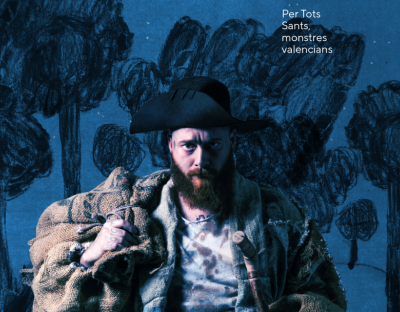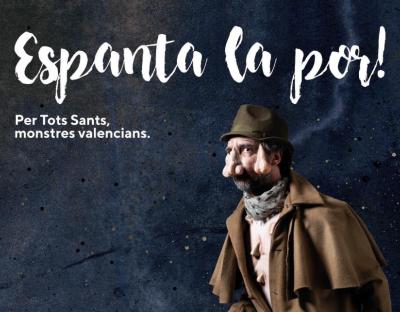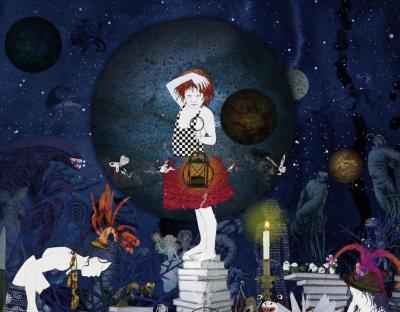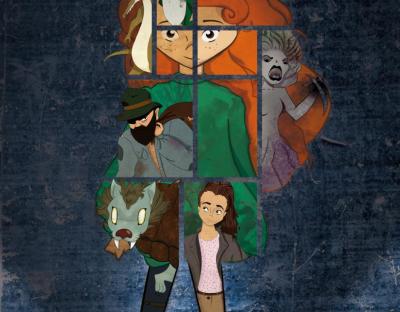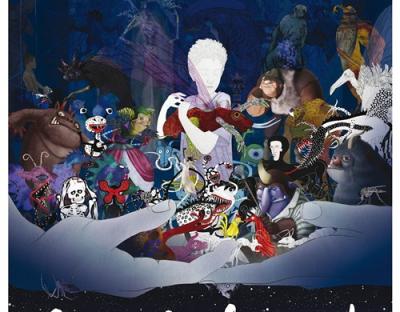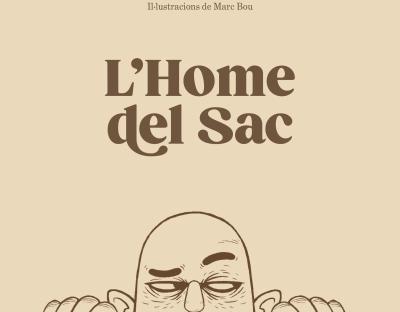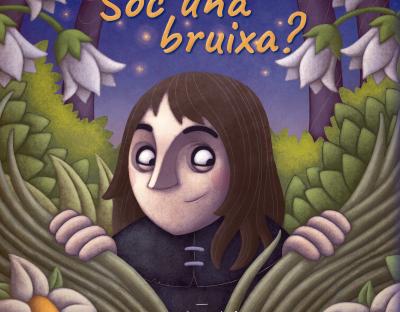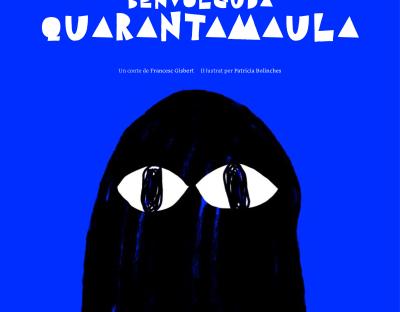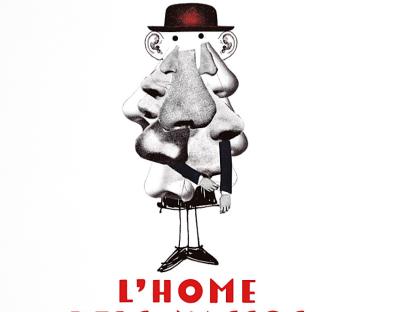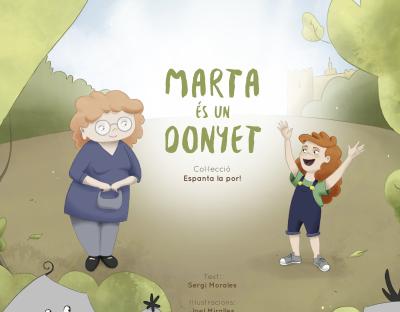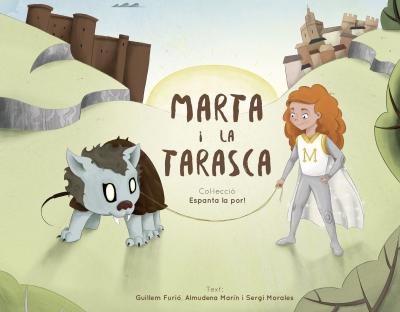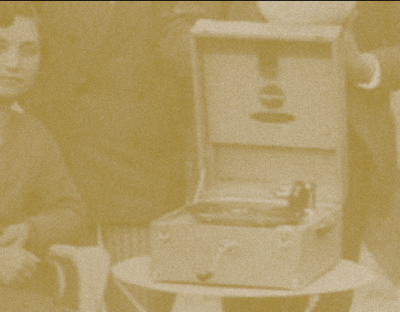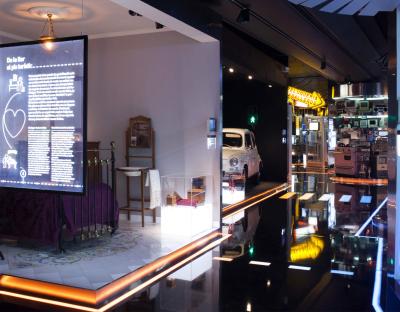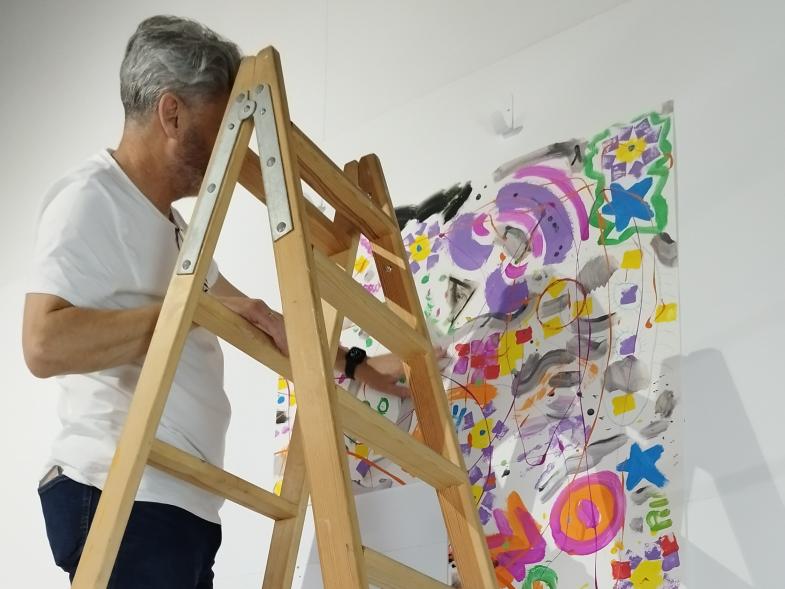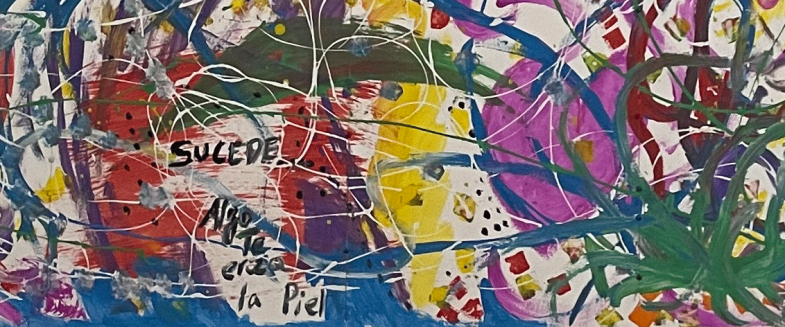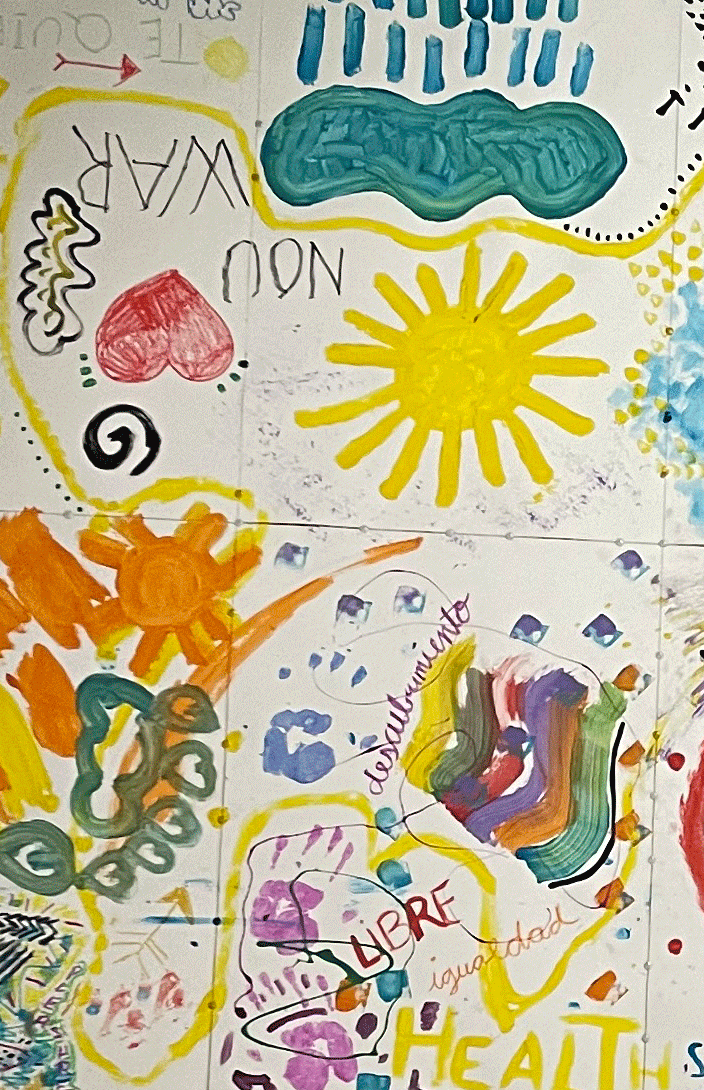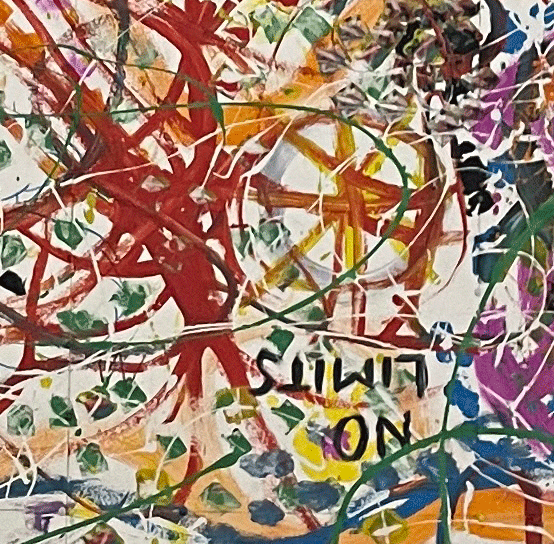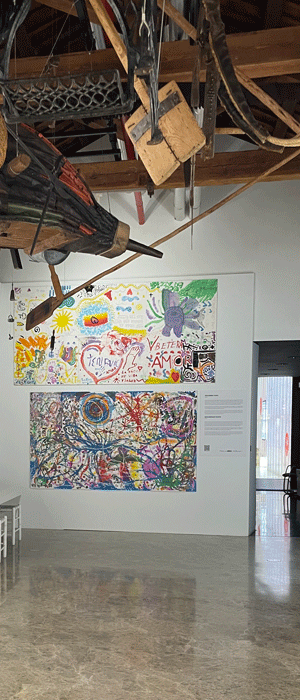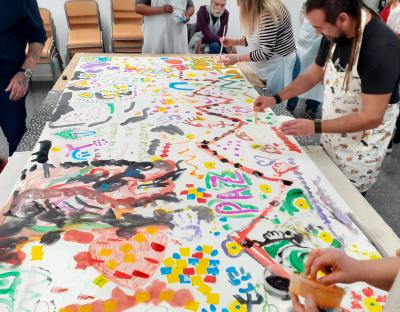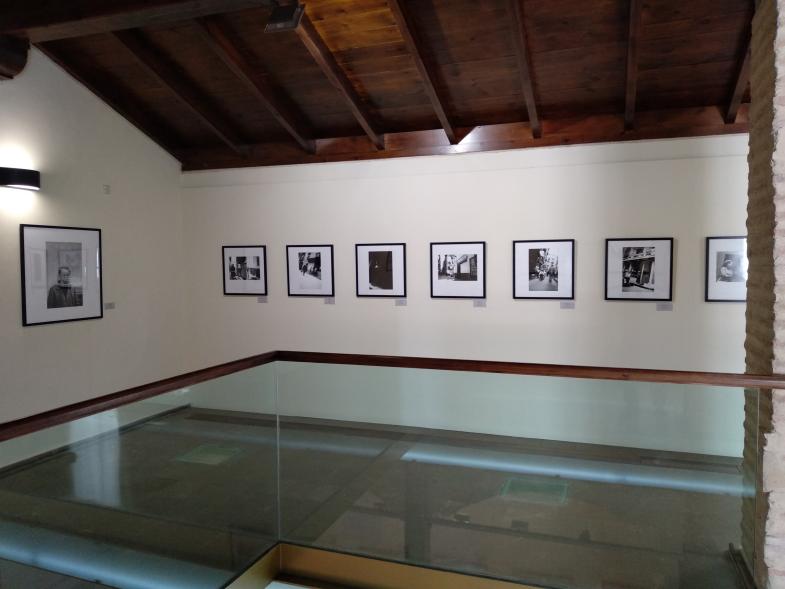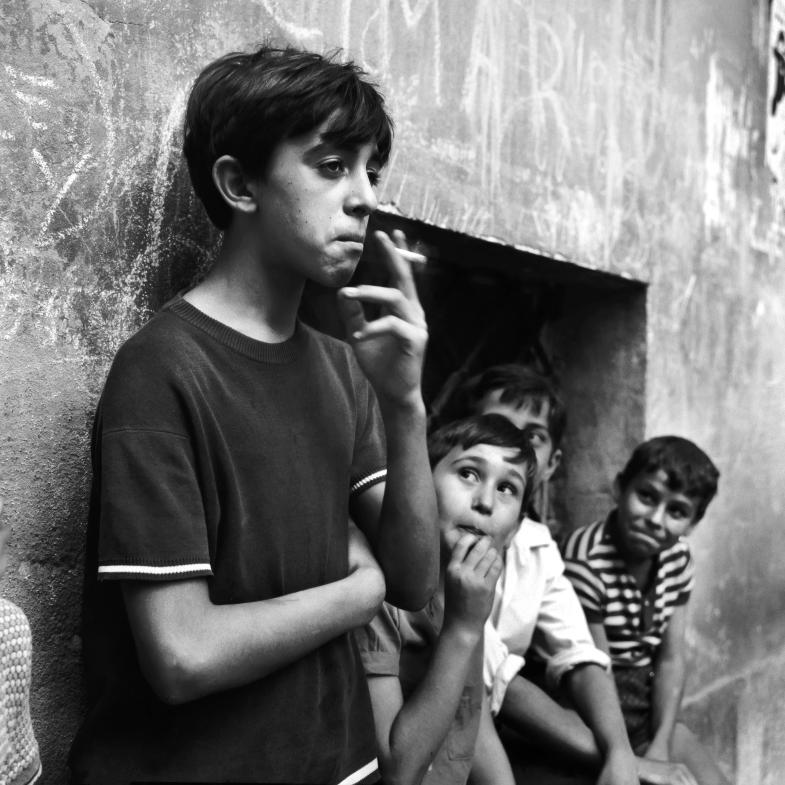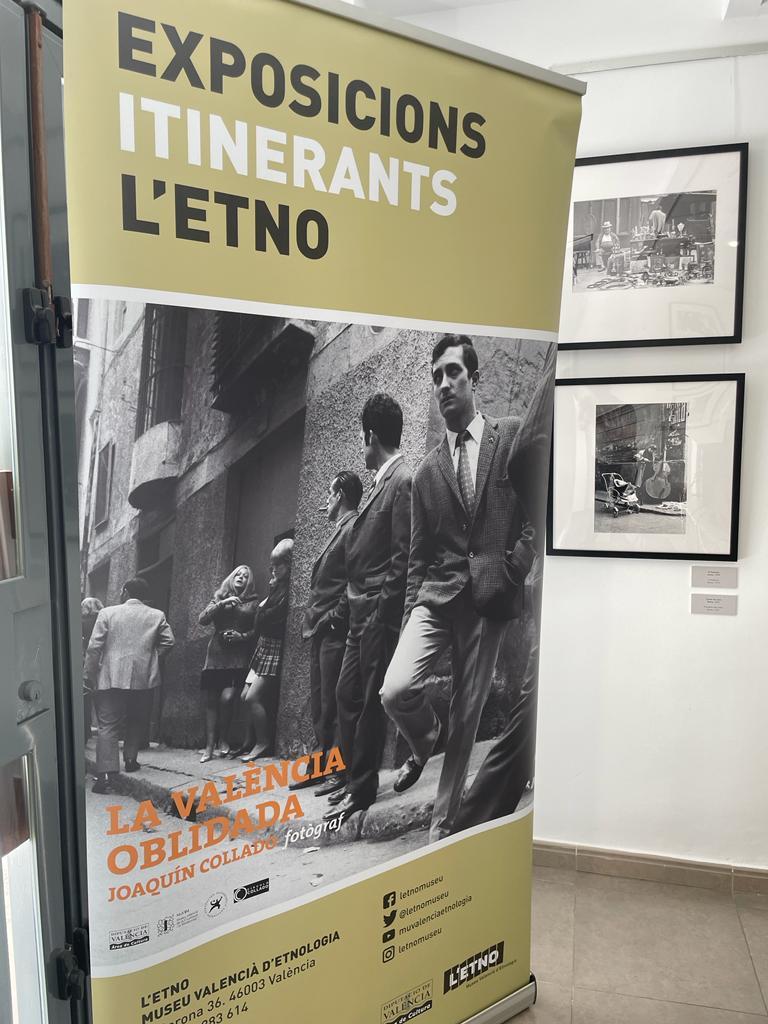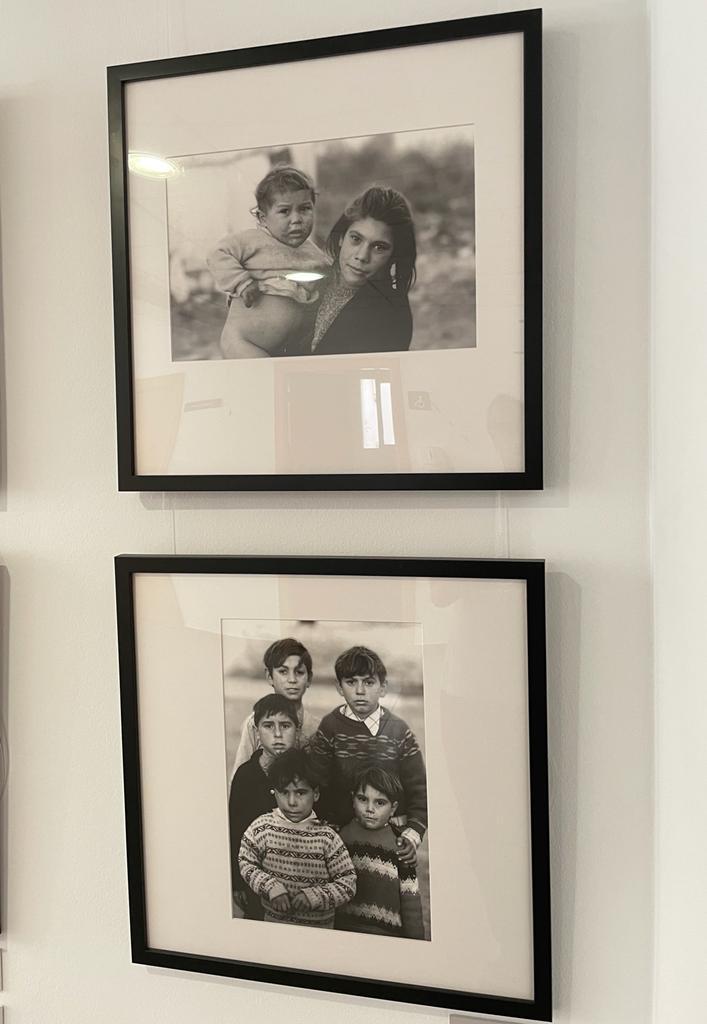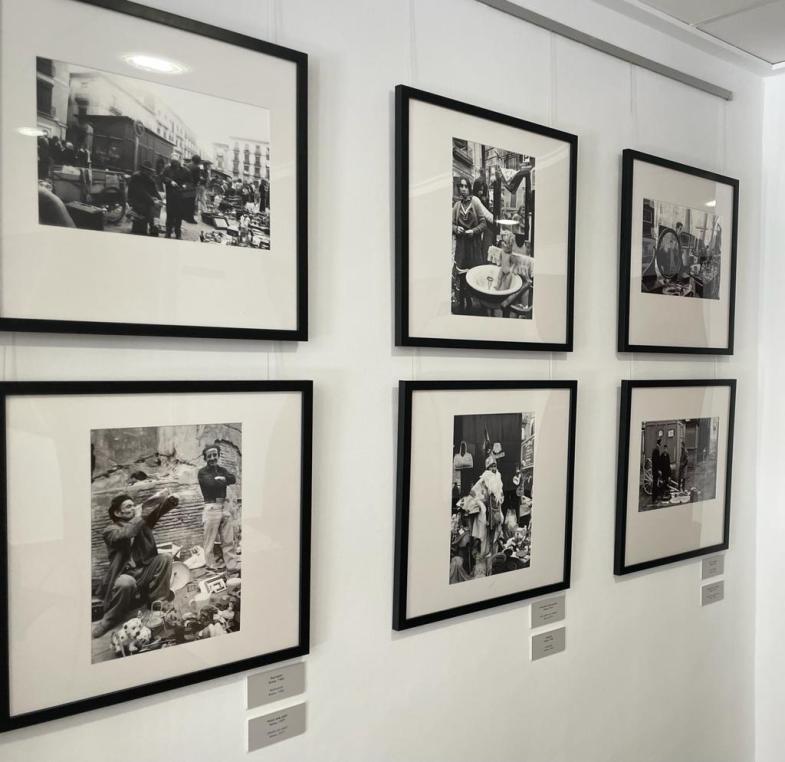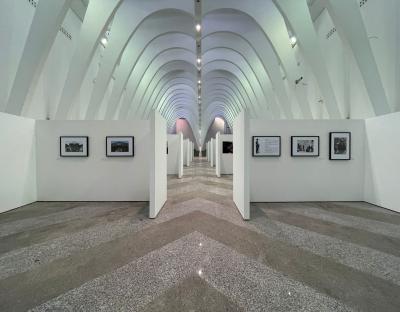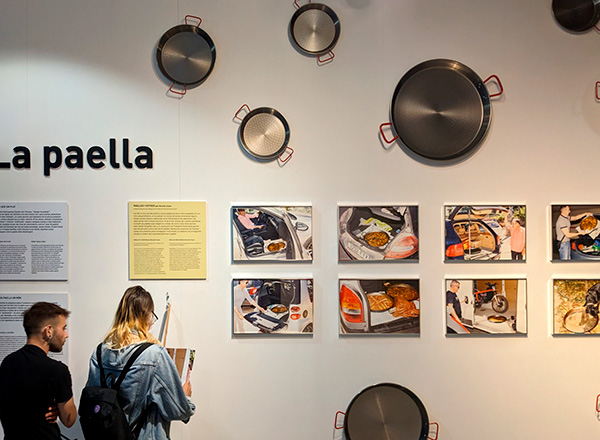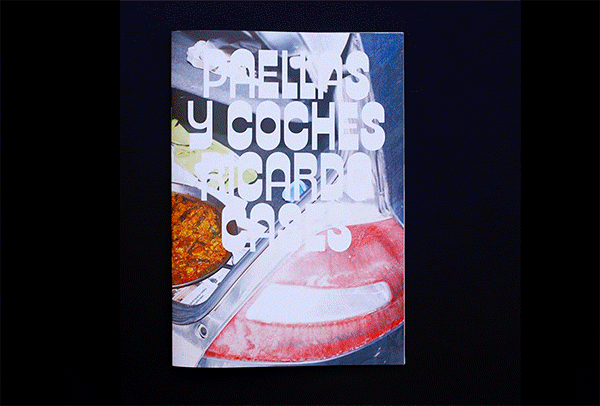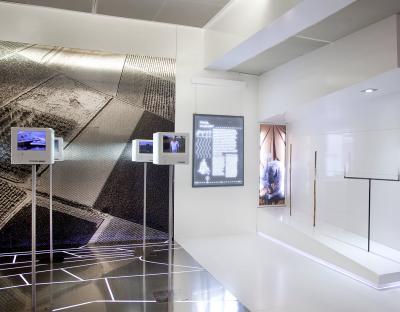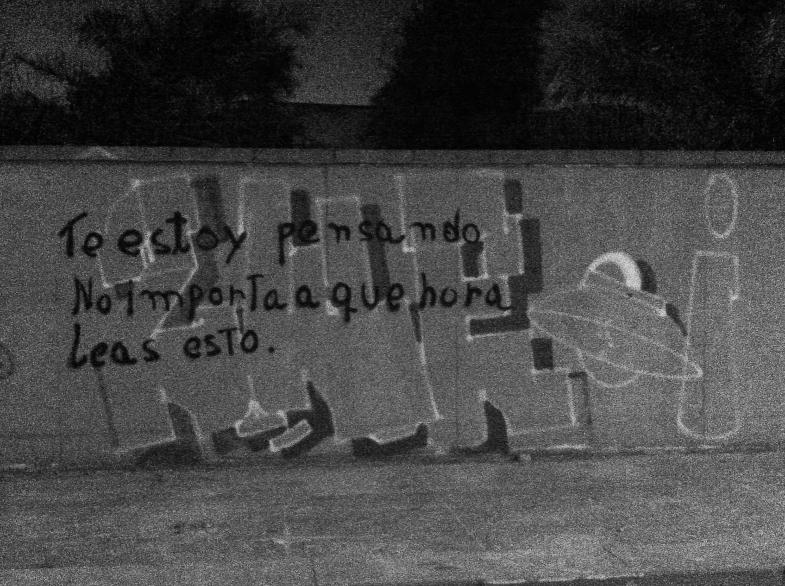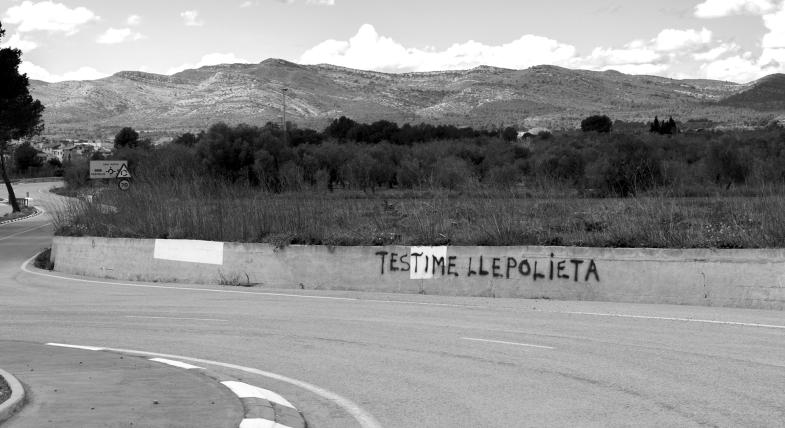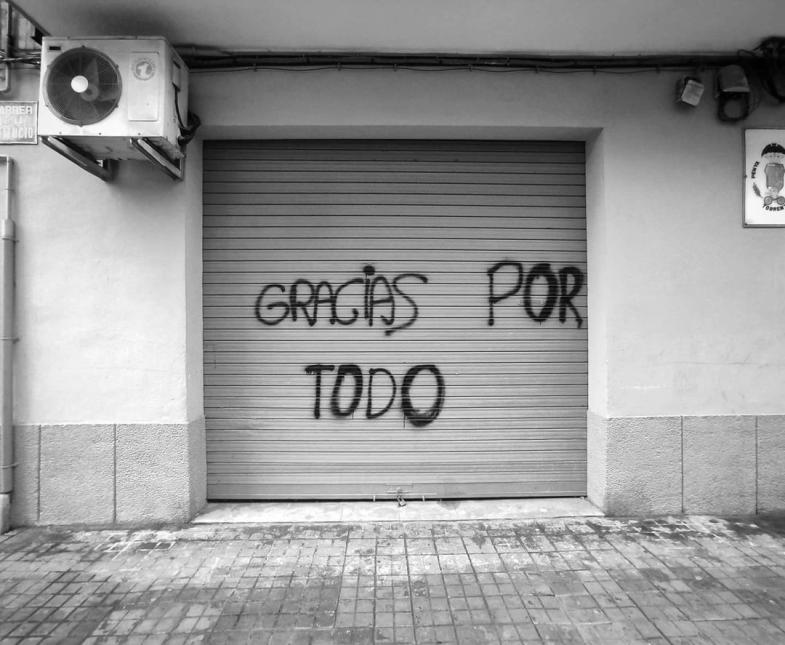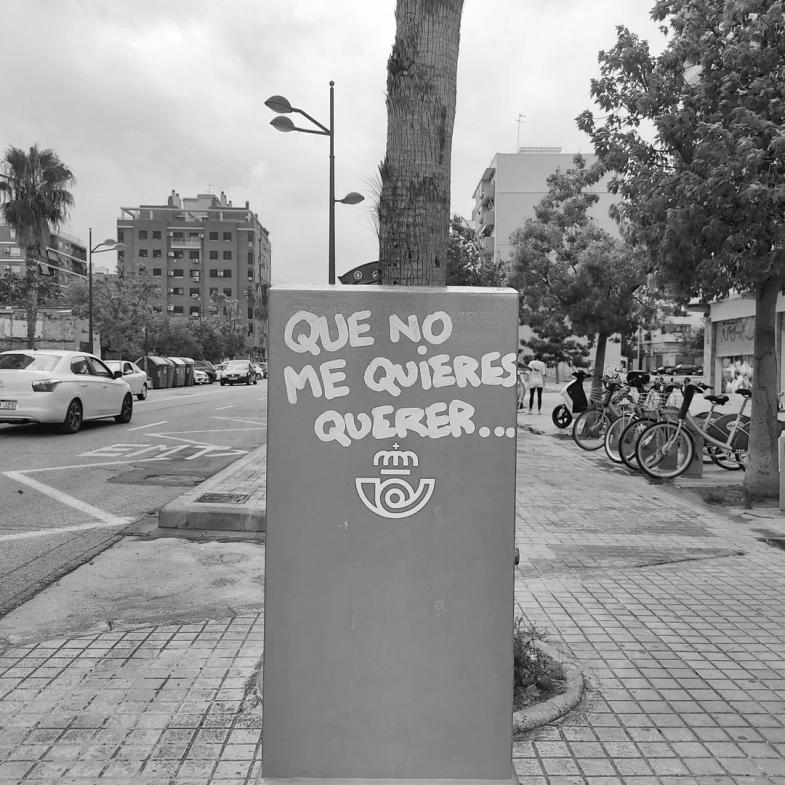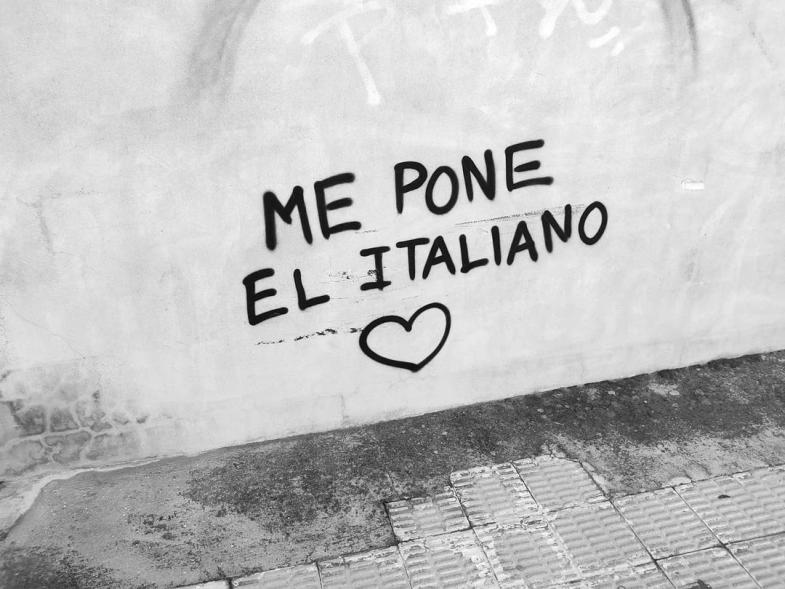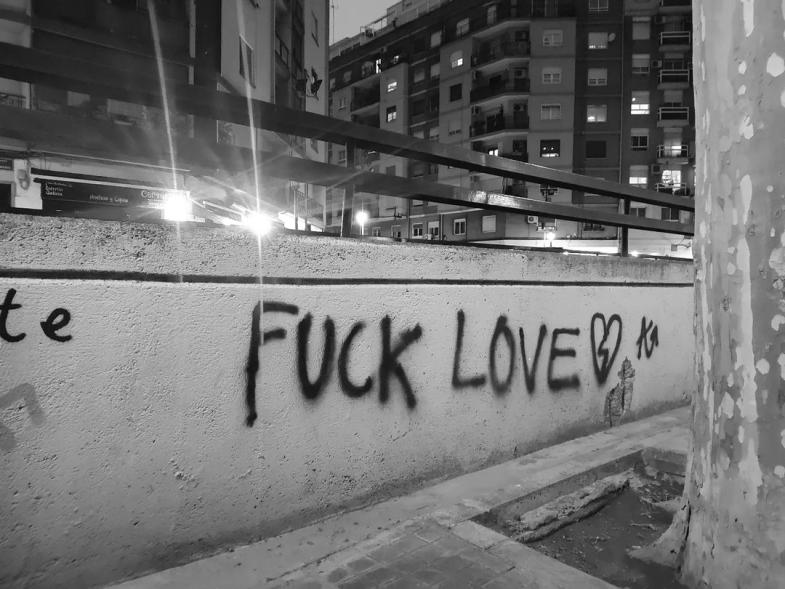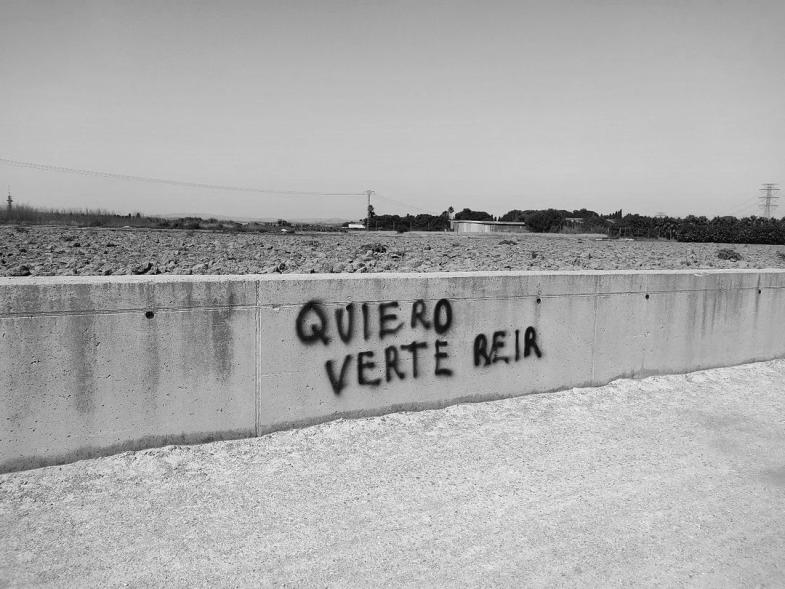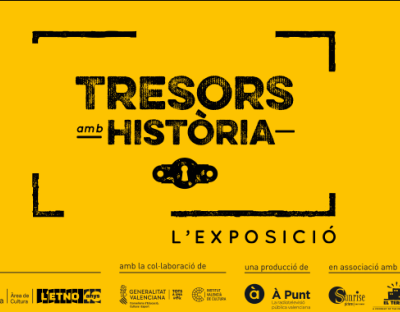Una veintena de museos locales presentan su oferta cultural en la feria 'Etnopobles' de la Diputació. L'ETNO da a conocer este fin de semana en La Beneficència las propuestas de 22 museos y la actividad y manifestaciones culturales características de cada municipio.
'ETNO ha presentado este martes su 'Fira Etnopobles', que del 19 al 21 de septiembre (el primer día está dirigida a público escolar y asociativo) dará a conocer en el Centre Cultural La Beneficència el patrimonio de 22 museos locales y sus actividades. Así, con una programación que incluye una gran variedad de propuestas musicales, degustaciones gastronómicas, danza, exhibiciones, talleres y visitas guiadas, el museo de la Diputació de València organiza la segunda edición de este certamen que, en palabras del diputado de Cultura, Paco Teruel, "será un enorme escaparate de los museos y el patrimonio de la provincia de Valencia".
"Esta feria, destinada principalmente a un público familiar -continúa- invita a descubrir la esencia de la provincia y a conocer más sobre nuestro pasado, presente y futuro". Teruel ha puesto en valor la labor de los pueblos que, a través de sus museos, "dan a conocer la historia y la cultura popular y tradicional", y ha destacado que los municipios, "con esfuerzo y convicción, han impulsado estos centros culturales, convirtiéndolos en espacios para preservar y dar valor al patrimonio local y atraer cada día nuevos visitantes".
Unos museos que, desde el área de Cultura de la Diputació de València, "se les ha dado soporte desde su inicio con impulso técnico, dotación de ayudas y también su difusión", ha anotado Teruel. El responsable de Cultura de la corporación provincial considera que los municipios valencianos "estiman, cuidan y protegen la artesanía propia para que esta se convierta en una seña de identidad, y la Diputació de València quiere mostrar a través de esta feria el gran potencial de nuestros pueblos".
Así, durante la presentación se ha dado a conocer la nueva edición, que "a través de sus casetas y demostraciones, dará a conocer aquello que podemos encontrar en los museos etnológicos que forman parte de la 'Etnoxarxa' de la Diputació, además de acercar la oferta cultural y descubrir la singularidad de cada zona, lo que propicia un turismo cultural de calidad en los pueblos de la provincia".
Por su parte, el director de L'ETNO, Joan Seguí, ha destacado el significado de la Xarxa de Museus Etnològics Locals: "hay pocas redes de museos tan consolidades en España como la Etnoxarxa, y un punto más es dar a los museos que la conforman visibilidad a través de una fiesta como la feria 'Etnopobles', ' un fin de semana de actividades en La Beneficència para que las familias se lo pasen bien y conozcan la interesante oferta de museos que tiene la provincia".
22 estands, exhibiciones y degustaciones
La Feria, dirigida a público familiar y con acceso libre hasta completar aforo, estará compuesta por un total de 22 estands (uno por cada museo participante) que darán a conocer la oferta de estos centros culturales y servirá también para atraer nuevos visitantes, además de mostrar las manifestaciones culturales tradicionales y festivas de cada uno de los municipios participantes. además de presentarlos como espacios complementarios a la exposición permanente de L'ETNO.
'Etnopobles' contará con un destacado programa de actividades con talleres, presentaciones, conferencias, exhibiciones, demostraciones culinarias y de vinos, hasta un total de 30 propuestas que se llevarán a cabo durante todo el fin se semana en los patios de La Beneficència. El certamen se dirige a público familiar durante el sábado y domingo y a público escolar y asociativo el viernes 19 de septiembre. Los horarios de los estands son: viernes y sábado: de 10 a 14 h y de 16 a 20 h; y domingo: de 10 a 14 h.
Los museos participantes forman parte de la Etnoxarxa (Red de Museos Etnológicos Locales) de la Diputació de València, y son: el Museu Internacional de Titelles de Albaida; el Museu del Palmito de Aldaia; el Museu Valencià de la Festa de Algemesí; el Museu Etnològic de Almàssera; el Museo Etnológico de Alpuente; el EtnoMUMA de Alzira; Ecomuseo de Aras de Los Olmos; Ecomuseo de Bicorp; el Centro de Interpretación del Torico de Chiva; el Museu de la Pilota de El Genovés; el Museu Històric-Etnològic de La Font de la Figuera; el Museu de la Casa del Pou de La Llosa de Ranes; el Museu del Tèxtil de la Comunitat Valenciana de Ontinyent; el Museu de La Rajoleria de Paiporta; el Museo Cassoleria d’Àngel Domínguez de Potries; el Museu de l’Aigua Molí-Nou de Quartell; el Museo Municipal de Requena; el Museo Comarcal de l’Horta Sud Josep Ferrís March de Torrent; el Museo Municipal de Utiel; y la Colección Museográfica de Yátova. Igualmente, en esta segunda edición se presentan dos museos etnológicos locales de relevancia cultural de Castellón y Alicante: de la provincia de Castellón, el Museu de la Pedra en Sec de Vilafranca, y de la provincia de Alicante, el Museu Valencià del Paper de Banyeres de Mariola.
Cultura popular y tradicional
El territorio valenciano se ha nutrido, desde los últimos años, de un buen número de museos y centros de divulgación del patrimonio de nuestra cultura popular y tradicional. Son museos o centros de interpretación nacidos del impulso de muchos ayuntamientos que han decidido dotarse de estructuras estables para preservar y dar valor al interesante patrimonio material e inmaterial de las formas de vida de su localidad. Además, estos museos, desde su creación, han contribuido de forma notable a atraer nuevos públicos y visitantes que han dinamizado los municipios, y al mismo tiempo, se han convertido en servicios básicos de la oferta cultural por sus habitantes.
La Diputació de València, a través de L'ETNO, realizó la primera edición de la feria 'Etnopobles' en 2012. Durante estos años, el trabajo de L'ETNO ha evolucionado con la creación en 2020 de la 'Etnoxarxa', una estructura de colaboración dirigida a potenciar la labor de estos museos locales, en la que se enmarca la 'II Feria Etnopobles', la Feria de Museos Etnológicos Locales.













